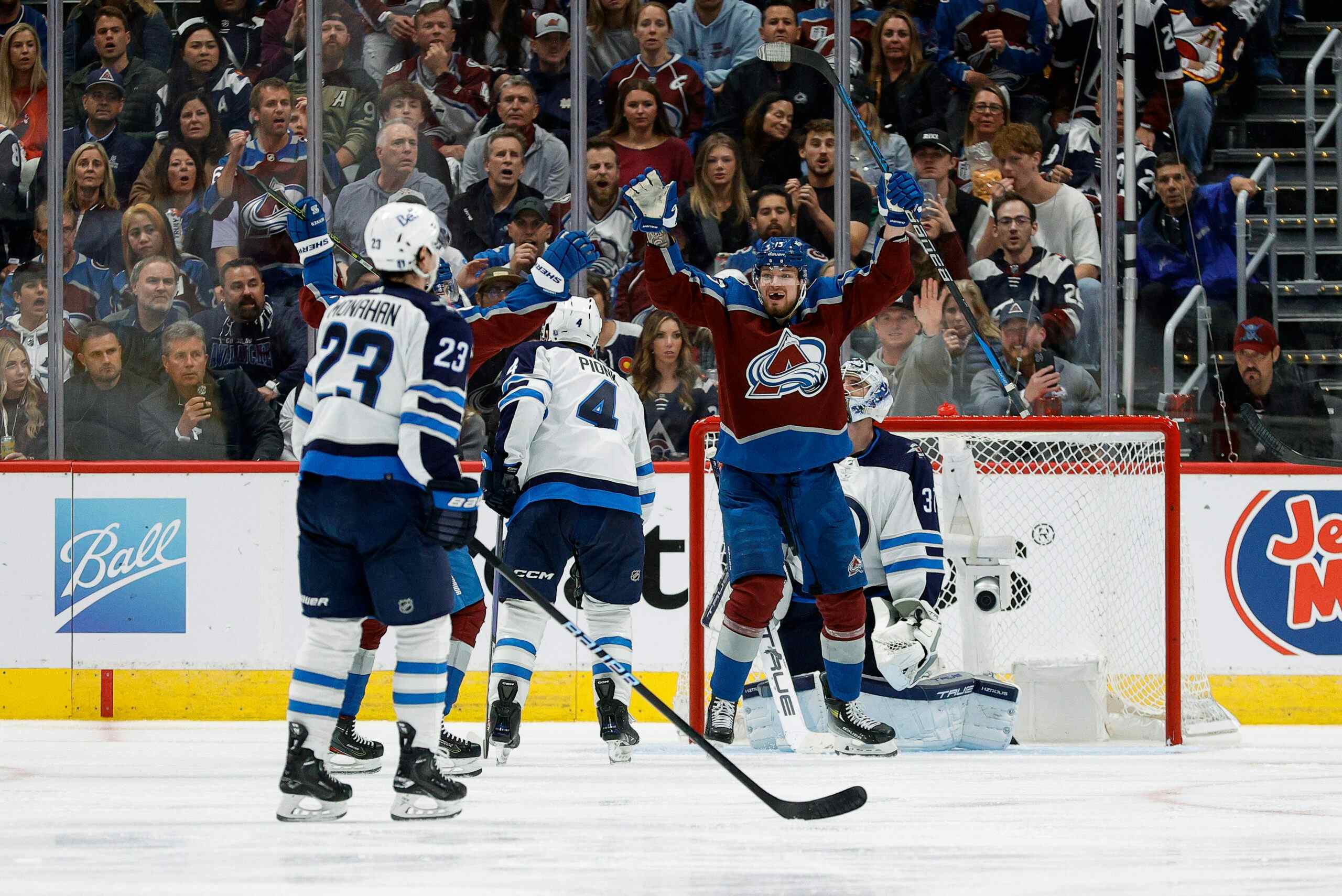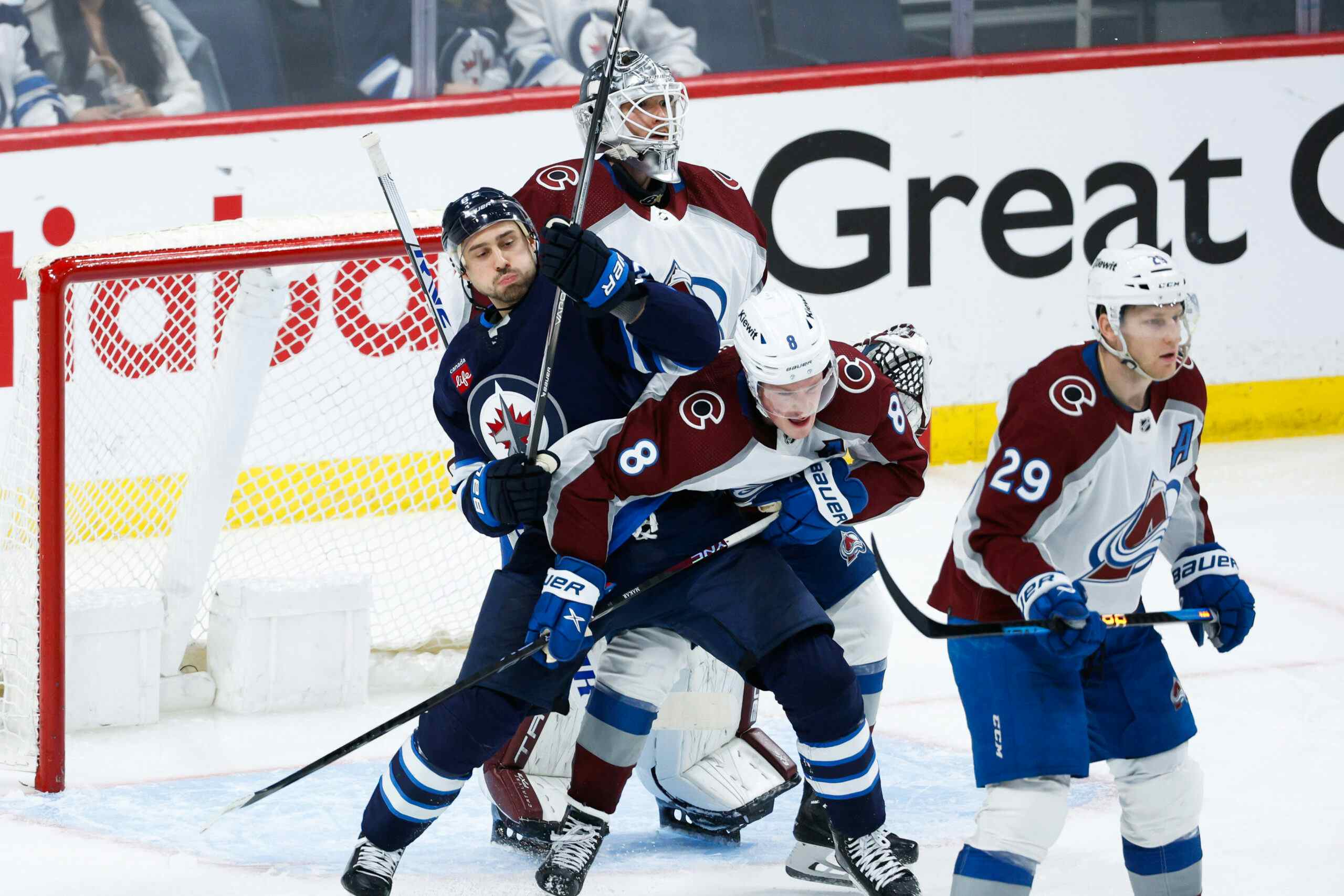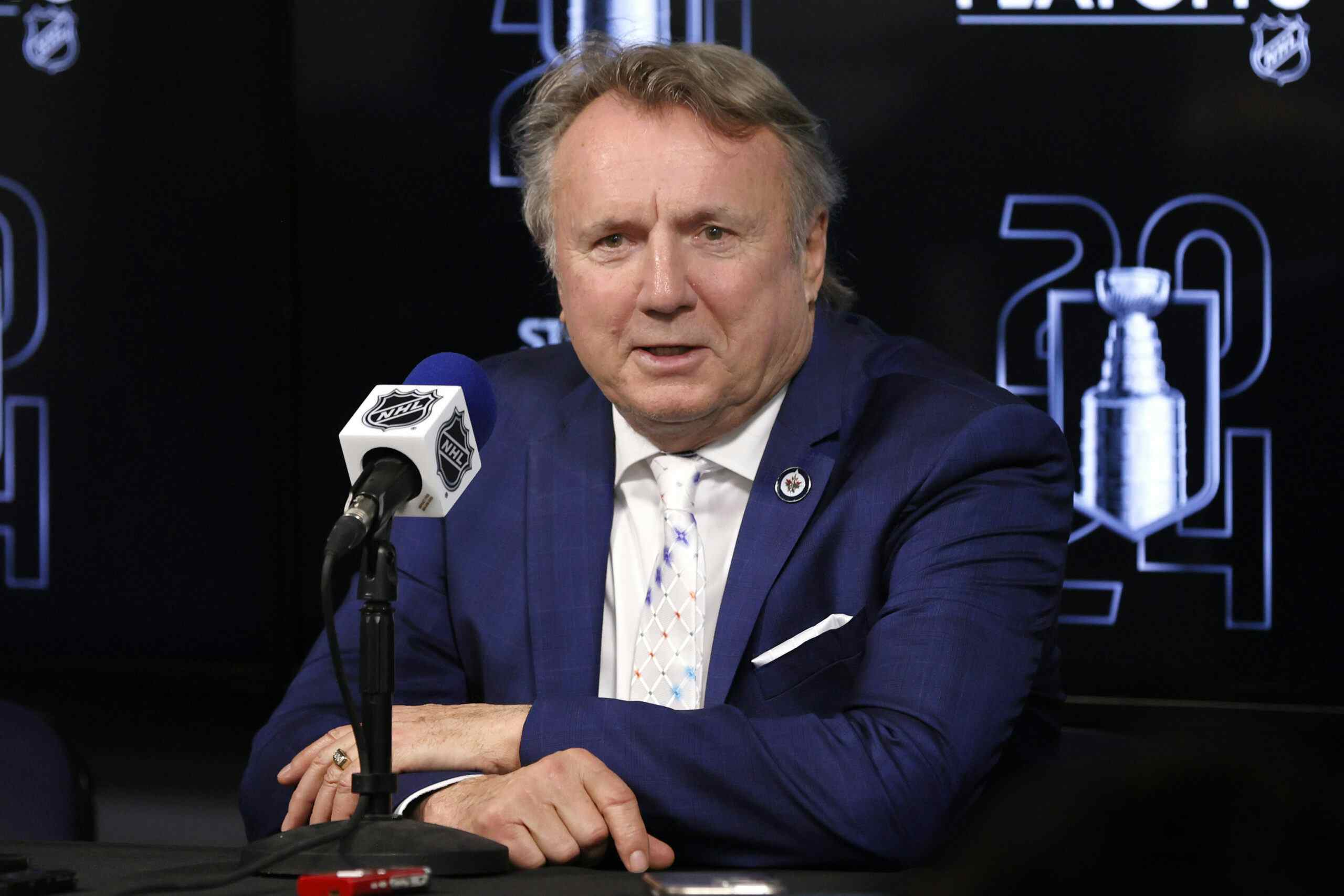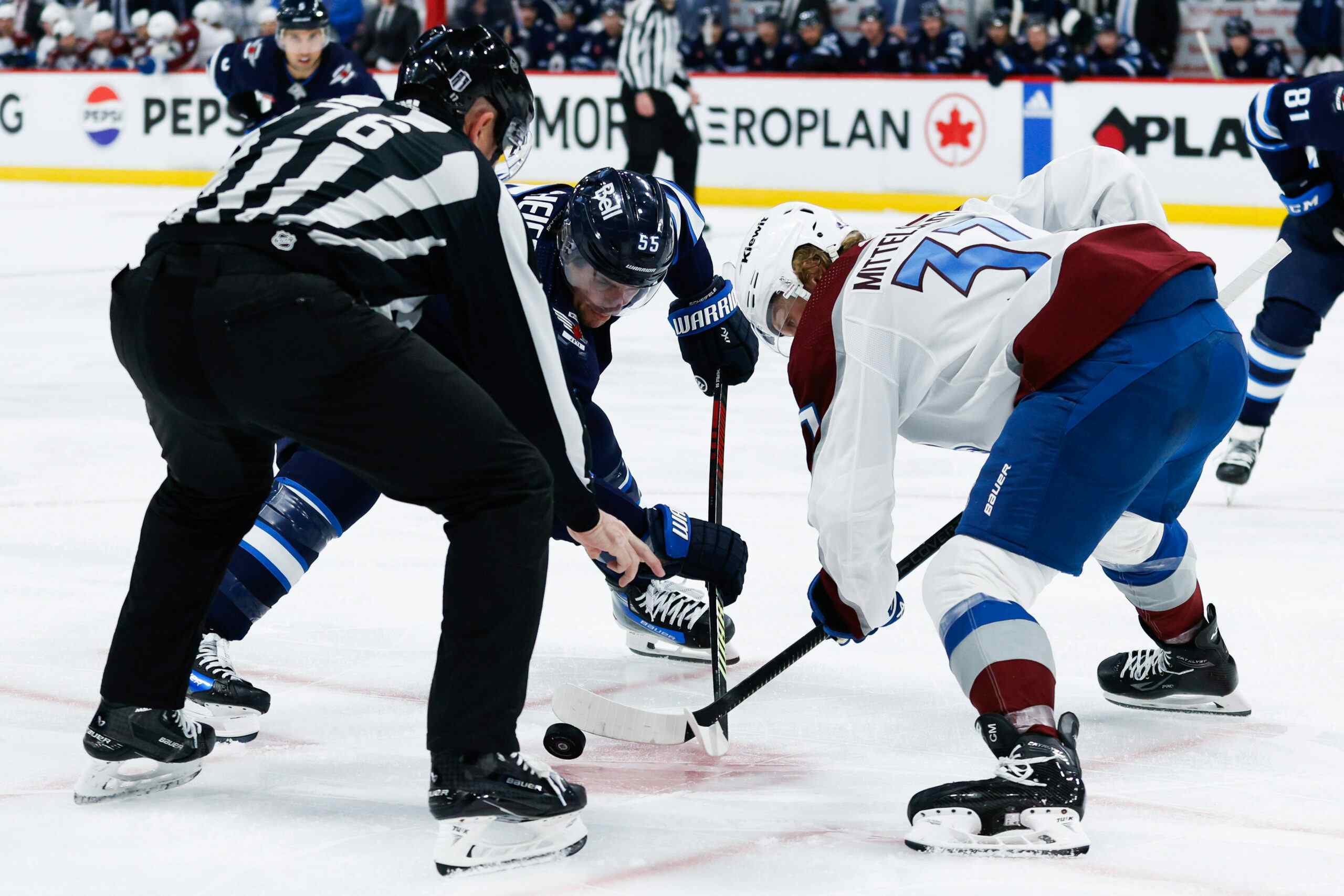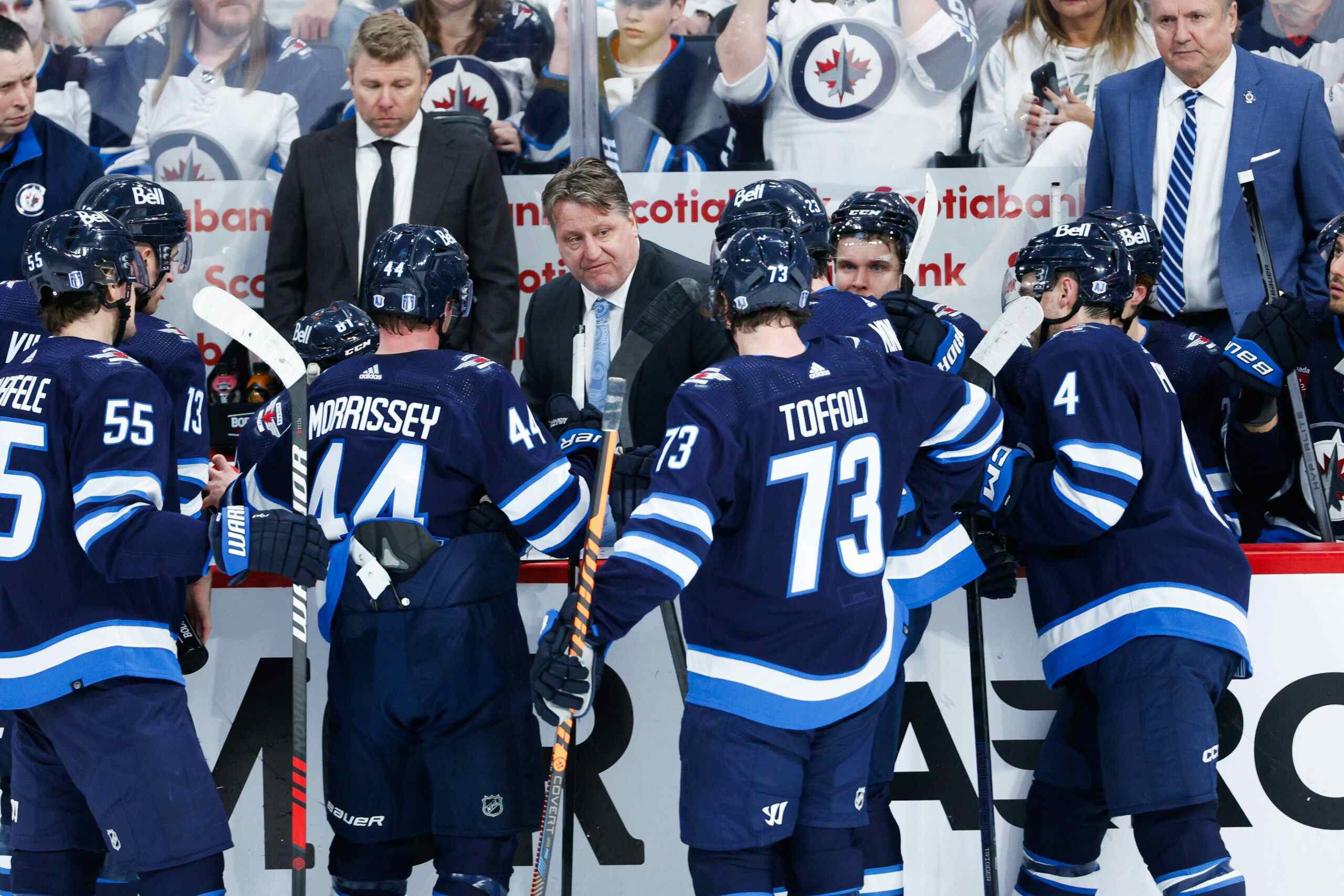What we learned with the Kadri and Franson negotiations
By Cam Charron
10 years ago
We know you’re wrong because you have a Big Bang Theory t-shirt.
Ryan Lambert over at Puck Daddy wrote a column that went up this morning about how the Toronto Maple Leafs mishandled their salary cap situation this summer. It’s tough to disagree with the overarching point, that Toronto once had lots of cap space where now they have none, and if Frazer McLaren remains injured, there is a non-zero chance that Toronto will have to skate with 17 players in the opener next week to become salary cap-compliant.
But it’s also not as bad as it could have been. Technology is much better now than it was five or six years ago, and we can watch not only all the games we want to, but we can also watch the decision-making process come to life. There’s so much more information with which to judge players. I can remember coming out of the last lockout even, we knew the goals and assists and time on ice of the players our teams picked up, but without a handle on context everybody sort of trusted the eyes of scouts and management.
That’s changed in recent years. No matter what your focus, you probably have an opinion on management beyond “I like what they did, wait and see” because you too see things a certain way and believe there are undervalued players and talents. Even people I’ve come across that have chided me for my frequent disagreement of Dave Nonis’ moves because he’s in the business and I’m not, seem to hold opinions on other franchises and the way they’re run. One of Lambert’s points is that the hockey blogosphere is teeming with lawyers and mathematicians and people that have a speciality related to a large part of hockey or the way it’s run. One of my favourite hockey bloggers is a doctor, Jo Innes, who writes great stuff about injuries and giving greater clarification to what is happening to the bodies of these players.
Holding an opinion that’s different than a manager is both a natural reflex, and a valid exercise. My speciality in the hockey blogosphere is data. I can find valuable information in spreadsheets, predict the performance of teams and players reasonably well (I missed on the Leafs last season, but accurately forecast their demise in 2011-2012. I also used those same metrics to, with confidence, poke holes at a reactionary Boston Bruins fan/blogger that suggested the Bruins were marching towards destruction because they had a poor record against Pittsburgh and Montreal last season). This leads to a huge problem when I’m in hockey pools because my opinion on players is slanted towards two-way players like Patrice Bergeron or Anze Kopitar who influence shot ratios, but don’t get a lot of points for goals and assists, which is how pools are won and lost.
I don’t think that it’s necessary to defend the validity of analytics as they pertain to hockey, but I do think that, while I’m good at certain things relating to the game, I’m not as good with negotiations and have difficulty understanding certain aspects of the Collective Bargaining Agreement. I have a couple of friends that are lawyers and I ask them questions to clear things up about things pertaining to those aspects of the game, but left to my own devices and forced to think originally, I’m a little stumped. Frankly, I wouldn’t even know how to even begin a negotiation for Benoit Pouliot, much less the process of signing him, so much as I know that having a real executive with experience sign Pouliot would be a good idea.
A lot of Leafs observers, and most that follow the Leafs in a professional capacity, completely overshot the amount of money that would be commanded by Nazem Kadri and Cody Franson. I have mentioned many times on this blog just how good Dave Nonis is with restricted free agents. While he overvalues toughness, he certainly does not overvalue RFAs, and while the Leafs are in a salary cap crunch right now it doesn’t appear they’ll have to lose a key player from the roster to become cap-compliant.
Here are some things I’d written about the process:
The situation is very clear: the Toronto Maple Leafs don’t have the salary cap space to sign both Nazem Kadri and Cody Franson unless they a) move some salary or b) Dave Nonis is secretly a wizard.
the problem Nonis runs into is that Franson won’t play for free in 2013-2014 and should get close to $3-million in this [one-year contract] scenario.
They have a 48-hour window to decide whether or not to buy out a contract that could help them sign Cody Franson and Nazem Kadri, two players that will likely command $7-million between the two, that the Maple Leafs do not have salary cap space for.
the team will have little depth if they fail to trade John-Michael Liles, and if Mark Fraser’s arbitration award comes in at more than $900K, any demotion of his will count against the cap a little. The team can ill-afford to see Franson or Kadri come in at more than our projected amounts (Franson was at $2.8-million and Kadri at $3.5-million, but Carl Gunnarsson’s deal was a little more than our $2.8-million projection, as was Jonathan Bernier) and every $100K counts during this season.
When you write for a living, like when you do any other job, you grow, you change, you make decisions differently. I think that the people paying attention to hockey got too caught up in the fact that so many players were cashing in long-term on their second contracts. Taylor Hall, Jordan Eberle, Ryan Nugent-Hopkins, Gabriel Landeskog, Tyler Seguin, Evander Kane… that it came as a bit of a shock that players like P.K. Subban came in at prices far lower than expected or that they’re worth. The same happened for Nazem Kadri and Cody Franson.
The winter was interesting. Three key restricted free agents made it to the start of the season without signing deals: Subban, Ryan O’Reilly, and Jamie Benn. They each ended their holdouts in a different fashion. Subban signed the two-year cheap “bridge” contract, Benn signed long-term with a Dallas team in desperate need of a franchise face, and O’Reilly signed an offer sheet that was eventually matched.
Without that offer sheet, how long does O’Reilly last on the market without Colorado willing to admit they’re willing to pay him, or that he’s worth, $10-million over two seasons? They can wait forever, until O’Reilly decides to join. His leverage was nil. The Stars had more of a requirement to get Benn under contract but the Avalanche, not hoping to compete and having a plethora of other centremen, could wait for their own terms. So could the Montreal Canadiens. Without offer sheets, hockey teams have no real reason to rush into signing restricted free agents to contracts.
Until the events of the last two weeks, I’d never really given this much thought. That last paragraph from July 29 I quoted (and Mark Fraser came in at $375K more than my estimate) failed to mention that Carl Gunnarsson, Jonathan Bernier and Fraser were all arbitration-eligible players. Dave Nonis even mentioned in an interview that I struggle to find, that Bernier and Gunnarsson’s contracts were wrapped up quickly because they had arbitration rights. With arbitration, the team runs a risk of the player’s salary inflating for one year, and you don’t get the player for a second season. In a salary cap crunch season, it was not a risk teams were willing to take, and of the 21 scheduled arbitration hearings, not a single one actually made it to court. All were settled, some of them on the courthouse steps.
Nonis, to his credit, correctly read into Kadri and Franson and realized they had no leverage. Kadri couldn’t talk to the media without facing criticism and Nonis called Franson’s bluff on the possibility of signing in Europe. I love Franson and I have to admit I got nervous during the negotiation because I didn’t think he’d get a home in time for a chance to play 82 games, but ultimately he relented, realizing that he wanted to be in Toronto, and if he did, he had to play at a number that worked for the Maple Leafs. Despite the length of time the contracts took to sign, both Kadri and Franson will be around for the season opener, at a stunning $2.1-million less than I’d forecasted. While I assumed $7-million for both, Kadri came in at $2.9-million and Franson, somehow, at $2-million.
The savings is roughly equal to one Nik Kulemin, saving the Leafs from trading a roster player.
Being good at analyzing a certain part of the game doesn’t make me impervious to analyzing a second, or even close to good at it. I have no clue why Franson didn’t exercise his rights to arbitration, but he did, and it cost him a lot of money this season. I think I may have advised Nonis to go to arbitration with Jonathan Bernier, who has a real flimsy statistical record in the NHL to date, but he had more leverage in the situation. I would have, in retrospect, not qualified Fraser because his arbitration rights made him a very expensive commodity, but of the people looking back on that contract now, how many of them suggested an alternate course of action that would have avoided Fraser’s big contract? I didn’t read any. It’s not like Nonis was the only general manager to have a depth player file for arbitration, with a case. That happened in Vancouver as well, and this is just the second time in NHL history that teams have been forced to spend less dollars after a short season. It would have been tough to predict that the Frasers and Dale Weises of the world would have had such an effect on a team’s cap situation, but there you go.
So what did we learn? Nonis properly valued the leverage of a restricted free agent without arbitration rights, and I did not, and you do not have to be a wizard to do so. The above writing isn’t a point I’m trying to reinforce, but things that are clearer now in benefit of hindsight. It is not entirely disproven that Dave Nonis is not a wizard, and I think for sure he would be sorted into House Hufflepuff, but he is not a wizard based on the fact the got two key players locked up for $2.1-million less than a blogger projected. It just means he has the negotiating experience necessary to know just how much such a player gets to command in a situation where he has little leverage.
Recent articles from Cam Charron

